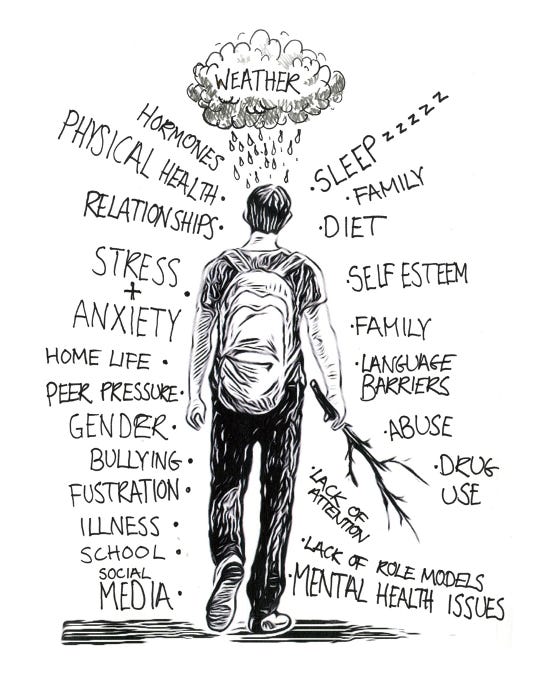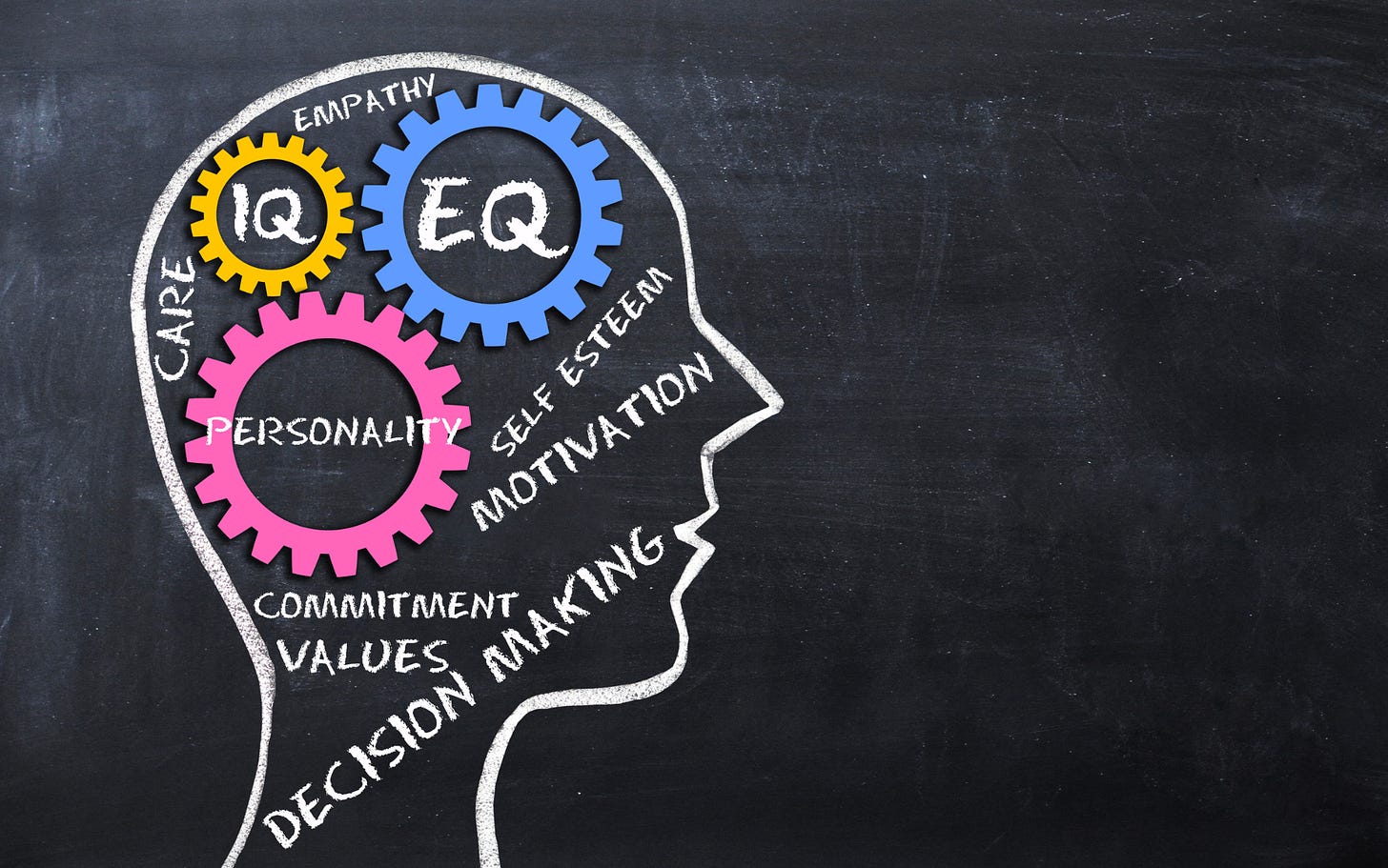What happens when others' perceptions of us don't match up to our own?
Rewriting the script: Emotional Intelligence, report writing, and the future of learning
The weight of perception
Recently, education advocate Kate Robinson shared a deeply personal experience. While sorting through her parents' belongings, she came across her old school reports. The words written decades ago still carried an emotional weight—shaping not only how she felt as a child but how she viewed herself as an adult. She posed a poignant question to her readers: How have your experiences of school shaped your view of yourself today?
This question is profound because our concern over others' perceptions of us does not stop when we leave school. It follows us into adulthood, shaping our confidence, our relationships, and even our sense of purpose. In the digital age, social media amplifies this pressure, particularly for young people whose developing brains make them more susceptible to external validation. Neuroscientific research shows that during adolescence, the prefrontal cortex—the area responsible for decision-making, self-regulation, and long-term thinking—is still developing, making teenagers especially vulnerable to social comparison and emotional dysregulation.
If we approach this challenge as one of learning rather than merely coping, a more constructive question emerges:
How do we develop the skills to align others’ perceptions of us with our own self-understanding?
At its core, this is a question of emotional intelligence—the ability to recognise, understand, and regulate emotions in ourselves and others.
Emotional Intelligence: a skill, not a trait
If you haven’t yet listened to Dr Marc Brackett’s podcast episode How to Raise Your Emotional Intelligence, I highly recommend it. Even as an educator committed to EI, I found it incredibly insightful. Brackett defines emotional intelligence as “how we reason with and about our emotions.” He outlines the RULER framework, a set of skills that allow us to manage our emotions both implicitly and explicitly:
Recognise your emotions
Understand their origins and impact (on ourselves and others)
Label them accurately: are we mistaking one emotion for another?
Express them appropriately: developing the language to express them is essential to processing them
Regulate them effectively by learning strategies
Emotional intelligence is not a single ability but a set of interwoven skills that influence how we interact with ourselves and the world. It is not hardwired into one part of the brain but spread across our cognitive and somatic systems. To develop it, we must actively teach and practice it rather than leaving it to chance.
The power and pitfall of report writing
Nowhere is the intersection of perception and self-understanding more evident than in the way we assess and communicate student progress. Conventional school reports, written without student involvement, risk reinforcing fixed narratives about ability and worth, often without context or nuance. If we are not careful, these reports can become self-fulfilling prophecies, shaping a child’s self-concept in ways that persist into adulthood.
But reporting doesn’t have to be this way.
Student-led conferences offer a powerful alternative. When young people take an active role in reflecting on their learning, setting goals, and articulating their own progress, they develop both self-awareness and self-advocacy; key components of emotional intelligence.
This practice also helps young people to bridge the gap between how they see themselves and how others perceive them, fostering greater alignment between internal self-concept and external feedback. Crucially, it shifts assessment from being something done to young learners to something co-created with them.
What are student-led conferences?
Student-led conferences (SLCs) are structured meetings where young people take ownership of their learning by presenting their progress, challenges, and goals to their teachers and parents. Instead of being passive recipients of feedback, they actively engage in self-reflection and goal-setting, developing critical skills in self-awareness and emotional intelligence.
This approach mirrors the types of self-reflection and communication skills young people will need in the real world, making learning more meaningful. The shift to student-led conferences is not just about assessment, it’s about empowerment.
And if we can get report writing right, if we can turn it into a tool for self-reflection rather than judgment, then perhaps, in time, young people will look back at their school experiences and feel empowered, rather than diminished, by what was written about them.
With love and gratitude,
Kimberley 🌱






